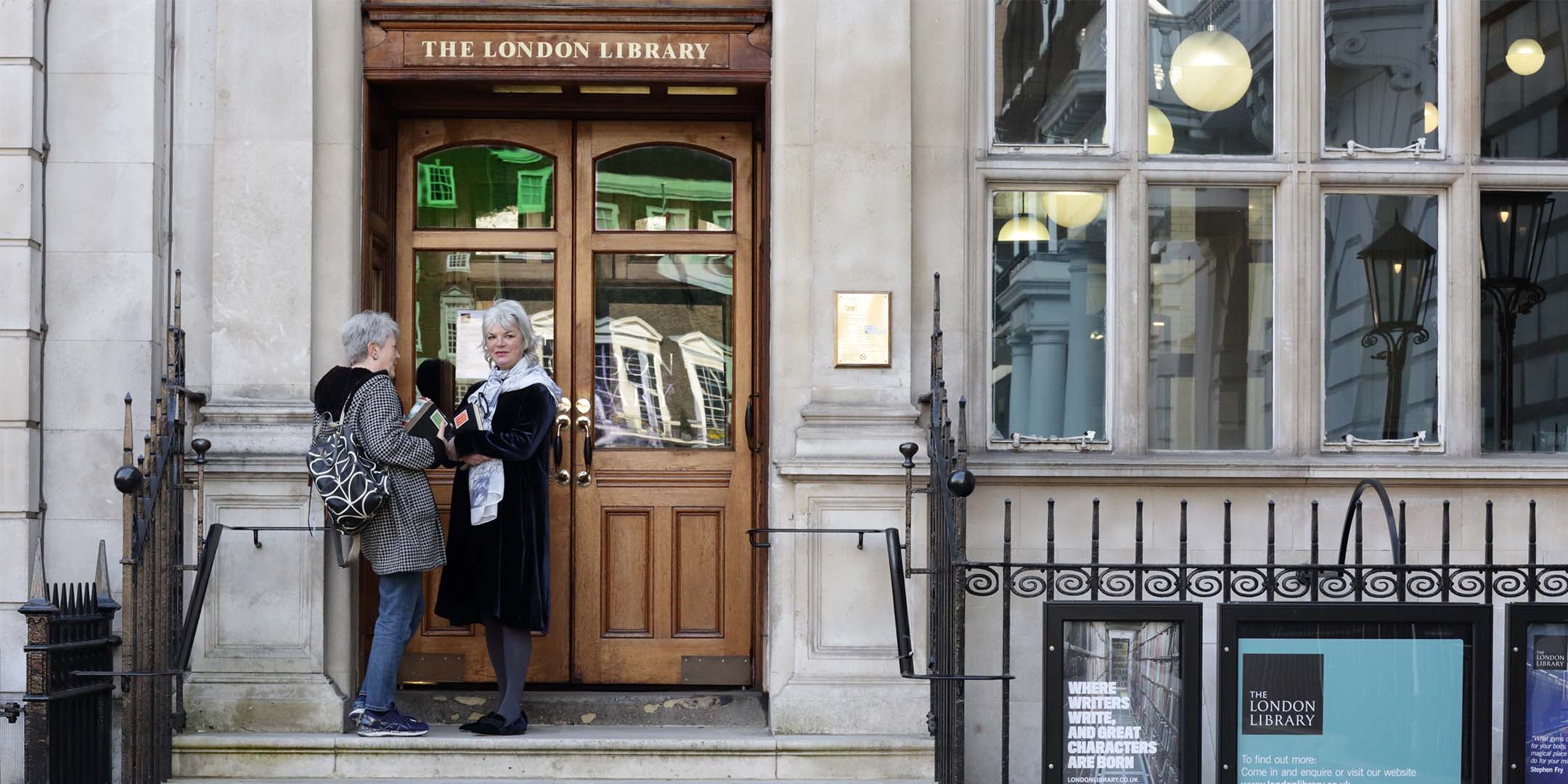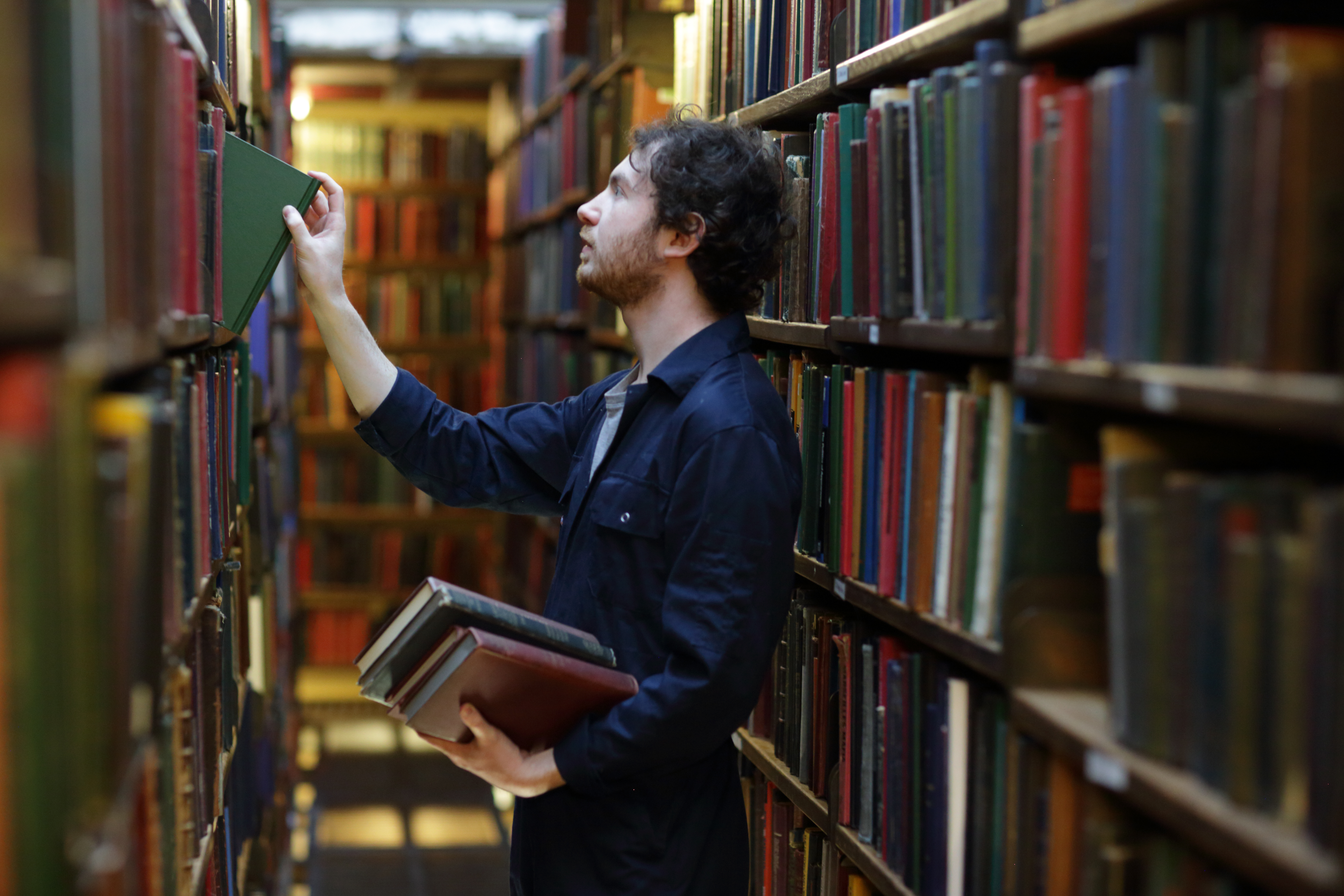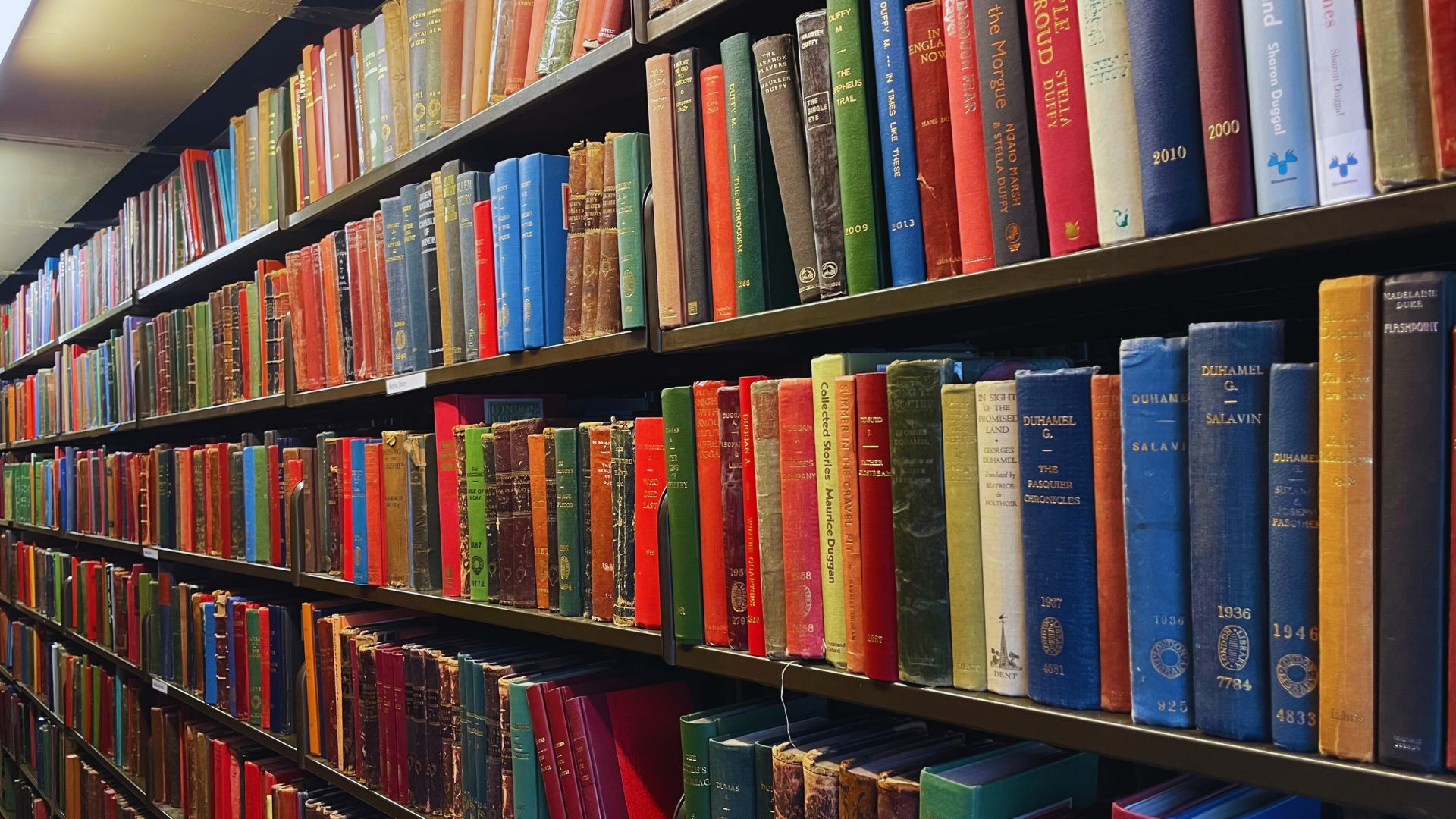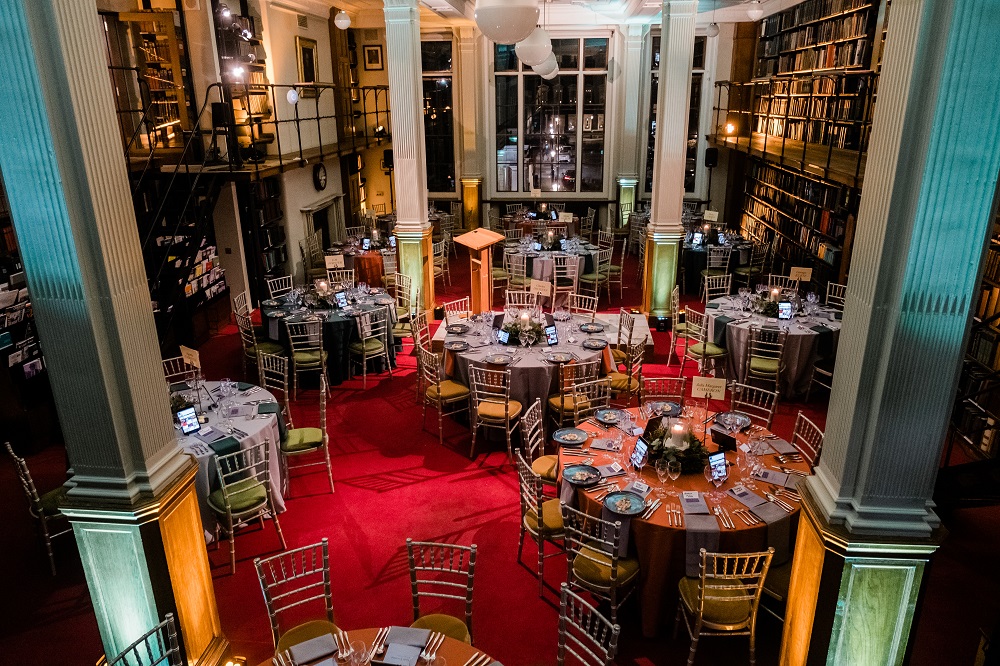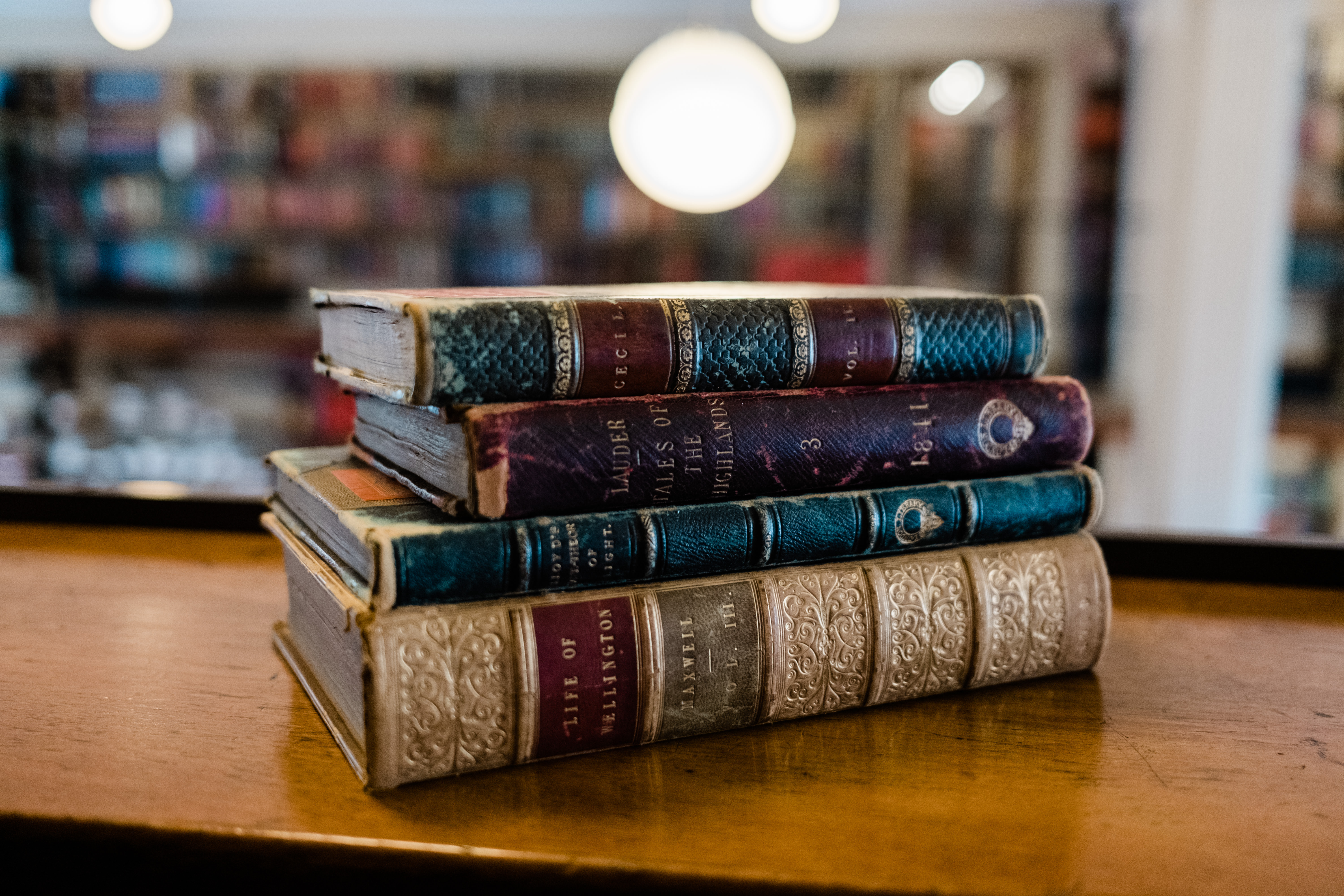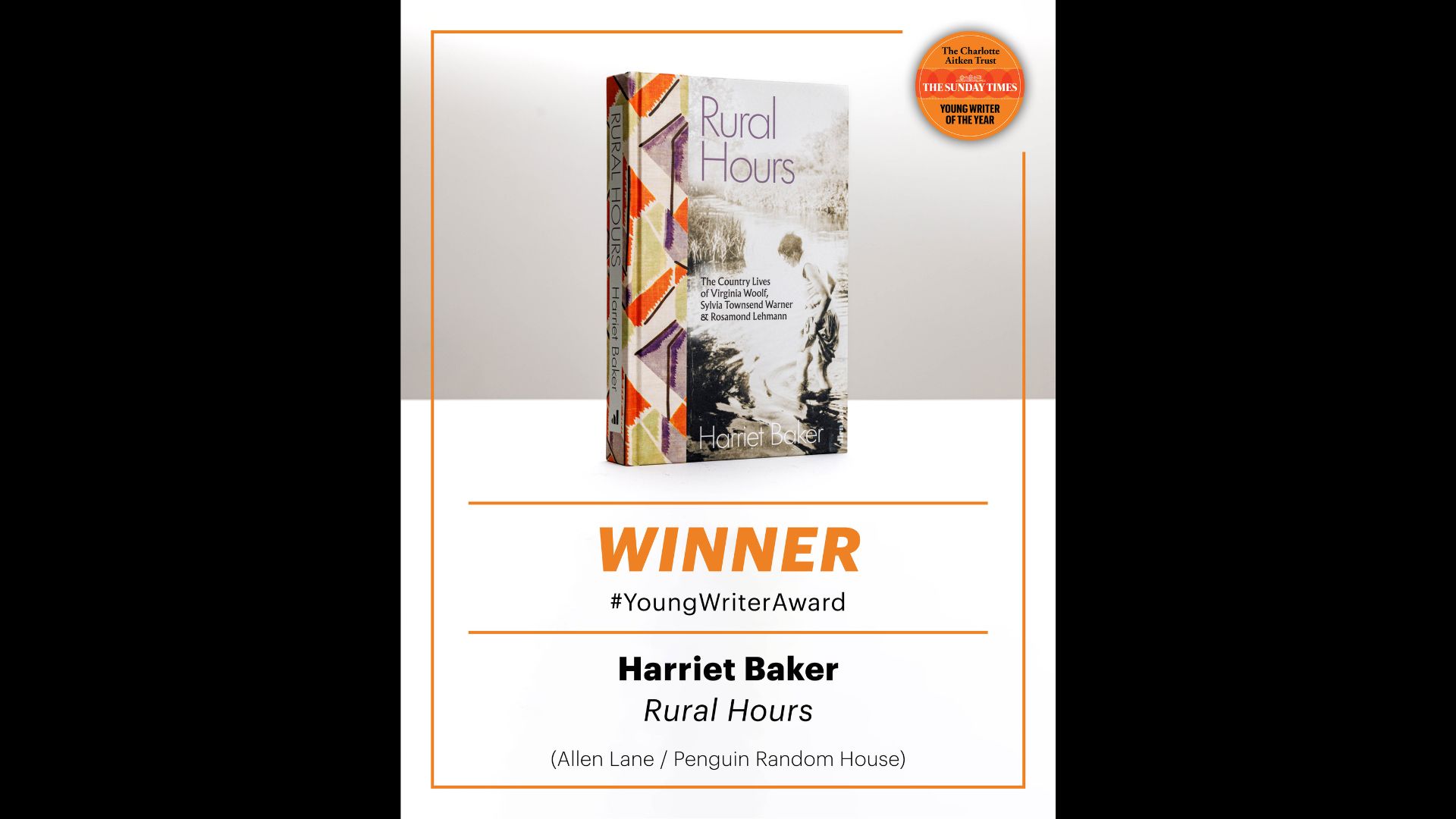The London Library’s enviable foreign languages collection contains books in over 50 languages, with particular riches in the French, German, Italian, Spanish and Russian collections. The Library’s resident polyglot Retrospective Cataloguer Anna Vlasova, with assistance from Claudia Ricci, gives the first installment in her series of bi-lingual pieces focused on the foreign languages in the London Library ahead of this year’s European Day of Languages celebrated on 26 September. Anna takes a look at the Library’s fascinating RUSSIAN COLLECTION of literature, poetry and essays from the 19th/20th centuries. (English and with Russian transliteration, below).
From its foundation in 1841, the London Library has aimed to maintain a representative collection of literature in all major European languages. The Russian element was introduced by Robert Harrison, Librarian from 1857 to 1893, and remained strong ever since. Robert Harrison spent several years in Russia acting as a tutor to the family of prince Demidov and lecturing in the St. Anne’s school in St. Petersburg. Harrison’s successor Sir Charles Hagberg Wright, Librarian from 1894 to 1940, received much of his early education in Russia and maintained a lifelong devotion to the country and its great writers, some of whom, notably, Tolstoy and Gorky, were close friends. One of the permanent memorials to Sir Charles’s Russian interests is the London Library’s comprehensive collection of Russian literature. Russian literature collections, including the collection of 19th century Russian literature, praised by Sir Isaiah Berlin as ‘truly remarkable’ and containing ‘among other, better-known works, a number of rare and fascinating books some of which are not to be found in the British Library or anywhere else in Britain’, was recently electronically catalogued as part of the Library’s Retrospective Cataloguing Project:http://www.londonlibrary.co.uk/index.php?/retrospective-cataloguing.html
The Russian literature collections include editions of collected works of all major Russian writers, as well as individual works of poetry, drama and essays by a wide range of authors in the original Russian as well as in translation. Some of the notable collected works include Tolstoy’s 91 volume Polnoe sobranie sochineniǐ (Moskva: Terra, 1992), Chekhov’sPolnoe sobranie sochineniǐ i pisem v tridtsati tomakh (Moskva: Nauka, 1974-1983) and Turgenev’s Polnoe sobranie sochineniĭ i pisem v dvadtsati vosʹmi tomakh (Moskva: Nauka, 1961-1968). For all major 19th century authors (e.g. Gogol, Pushkin, Lermontov, Turgenev, Ostrovsky, Dostoevsky and Tolstoy) contemporary editions (printed using the old spelling conventions) are found alongside more modern ones. The remarkable collection of the authors of the Golden Age of the Russian literature is supplemented by an equally comprehensive collection of the poets of the Silver Age. Works of Blok, Esenin, Briusov, Akhmatova, Tsvetaeva, Severianin, Gumilev, to name a few, can be found on the Library’s open access shelves. Notable Symbolists, such as Andreev, Merezhkovsky, Gippius, Sologub and Ivanov are also present. The Library holds many works of the Silver Age poets in original editions published by Alkonost, Al’tsiona, Sirin and Skorpion.
Due to Hagberg Wright’s friendship with and interest in Tolstoy, the Library holds a particularly rich collection of Tolstoy’s works from the 1890s and 1900s, including, notably, his banned works (published in Russian by A. Tchertkoff in Christchurch and M. Elpidine in Geneva), his less well-known religious and philosophical works (published in English by the Free Age Press in Christchurch), and also criticism of his literature and thought from this period.
Some examples of donations found in the Russian literature collections are particularly notable, as they illustrate the interests of a few British authors in the cultural and political affairs of the 20th century Russia. Among other things, Hagberg Wright’s connections with Russia’s cultural milieu are evident from an inscription expressing hope for future meetings from Ivan Bilibin found in a 1905 edition of Pushkin’s Fairy Tales for which Bilibin created the illustrations. A copy of Tsarstvo Antikhrista, donated to the Library by a British travel-writer and novelist Stephen Graham (1884 -1975), includes Merezhkovsky’s dedication to Graham dated 1925, when Merezhkovsky and his wife Zinaida Gippius were in exile in Paris. Sir Isaiah Berlin, some of whose books are now held by the London Library, met with Boris Pasternak (Doctor Zhivago) in the Soviet Union in the 1940s. A testimony of these meetings is found in Pasternak’s dedication to Berlin in a 1933 edition of his poetry: “To I.M. Berlin, Lucky book it will travel and end up in Oxford instead of me! B.Pasternak, 24 XII 1945, Moscow”.
Currently there is an active acquisitions policy for Russian works, including contemporary literature and fiction. For more information on Russian collections please visit Introduction to the Collections: http://www.londonlibrary.co.uk/index.php?/books.html.
С момента своего основания в 1841 году Лондонская Библиотека целенаправленно комплектует печатные издания на всех основных европейских языках. Русские коллекции Лондонской Библиотеки были основаны Робертом Харрисоном, занимавшим должность библиотекаря с 1857 по 1893 год. Харрисон провел несколько лет в России, где он работал преподавателем в семье князя Демидова и в училище Св. Aнны в Санкт-Петербурге. Преемник Харрисона, Сэр Чарльз Хегберг Райт (Sir Charles Hagberg Wright), работал библиотекарем с 1894 по 1940 год и был особенно заинтересован русской культурой и литературой, поскольку он получил образование в России и был лично знаком Л.Н. Толстым, М. Горьким и другими писателями. Русские коллекции обязаны своим богатством Хегбергу Райту, который комплектовал русские издания в течении почти пятидесяти лет. Коллекции русской литературы, включая коллекцию 19-го века, названную Сэром Исаей Берлином (Isaiah Berlin) ‘поистине выдающейся’ и содержащей ‘среди прочих более известных работ, редкие и занимательные книги, некоторые из которык не найти в Британской Библиотеке, да и нигде в Великобритании’, недавно были полностью каталогизированны в рамках Проекта Ретроспективной Каталогизации Лондонской Библиотекиhttp://www.londonlibrary.co.uk/index.php?/retrospective-cataloguing.html
Коллекции русской литературы включают в себя издания полных собраний сочинений ключевых русских писателей, а так же отдельные издания романов, стихов, пьес и очерков широкого круга авторов как на русском языке, так и в переводе. Из собраний сочинений можно особо выделить такие издания как Полное собрание сочинений Л.Н. Толстого в девяносто одном томе (Москва: Терра, 1992), Полное собрание сочинений и писем (31 том) А.П. Чехова (Москва: Наука, 1974-1983), а так же Полное собрание сочинений и писем в двадцати восьми томах Тургенева (Москва: Наука, 1961-1968). Произведения выдающихся писателей 19-го века (например Н.В. Гоголя, А.С. Пушкина, М.Ю. Лермонтова, И.С. Тургенева, А.Н. Островского, Ф.М. Достоевского, Л.Н.Толстого) доступны в изданиях как 19-го (в дореформенной орфографии), так и в изданиях 20-го веков. Богатая коллекция писателей Золотого Века русской литературы дополнена не менее замечательной коллекцией поэтов Серебряного Века. А. А. Блок, С. А. Есенин, В. Я. Брюсов, А. А. Aхматова, М. И. Цветаева, И. Северянин, Н. Гумилев – лишь некоторые из поэтов Серебрянного Века, произведения которых читатели могут найти на полках открытого доступа в Библиотеке. Важнейшие Символисты, такие как Л. Aндреев, Д. С. Мережковский, З. Н. Гиппиус, Ф. Сологуб и В. Иванов также содержатся в коллекциях русской литературы. Произведения многих поэтов Серебрянного Века доступны в оригинальных изданиях Aлконоста, Aльциона, Сирина и Скорпиона.
Поскольку Сэр Хегберг Райт был поклонником творчества Толстого, переводил его произведения на англииский язык и был другом великого русского писателя, Лондонская Библиотека содержит особо богатую коллекцию трудов Толстого, изданных в 1890-х и 1900-х годах. Фонды Библиотеки содержат так же запрещенные произведения Толстого, изданные на русском языке A. Чертковым в Крайстчерч и М. Элпидиным в Женеве, его менее известные религиозные и философские произведения, изданные на английском языке в издательстве Free Age Press в Крайстчерч, а так же критические статьи о его творчестве.
Некоторые книги из коллекциии русской литературы, подаренные Лондонской Библиотеке британскими авторами и коллекционерами, особенно примечательны, поскольку они демонстрируиут интерес британской публики к русской культуре и политике. Многие книги из коллекций русской литературы были подарены Библиотеке Сэром Хегбергом Райтом. Многочисленные книги содержат дарственные надписи авторов, переводчиков и иллюстраторов, адресованные Райту. Одна из таких надписей, от иллюстратора Ивана Билибина, находится в издании СказокПушкина 1905 года. Копия Царства Aнтихриста, подаренная Библиотеке британским путешественником и писателем Стивеном Грэемом (Stephen Graham), содержит дарственную надпись Дмитрия Мережковского датированную 1925 годом, когда Мережковский и его жена Зинаида Гиппиус прибывали в эмиграции в Париже. Сэр Исайа Берлин, чья коллекция книг после его смерти частично перешла в фонд Лондонской Библиотеки, встерчался с Борисом Пастернаком в СССР в 1940-х годах. Свидетельство об одной из их встреч – дарственная надпись Пастернака на форзаце книги его стихов: “И.М. Берлину, Счастливая книга, она будет путешествовать и попадет вместо меня в Оксфорд! Б.Пастернак, 24 XII 1945, Москва”.
В настоящий момент Лондонская Библиотека активно комплектует печатные издания на русском языке, включая современную русскую прозу и поэзию. Подробная информация о Русских коллекциях доступна на сайте Библиотеки в разделе Introduction to the Collectionshttp://www.londonlibrary.co.uk/index.php?/books.html

